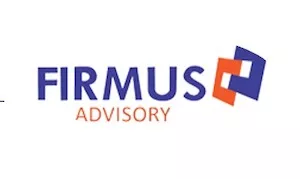- in United States
- with readers working within the Chemicals industries
- within Finance and Banking, Energy and Natural Resources and Real Estate and Construction topic(s)
The Ghana Free Zones Authority (GFZA) was established by an Act of Parliament, The Free Zones Act 1995 (Act 504) in 1995. This Act enable the establishment of free zones in Ghana for the promotion of economic development; to provide for the regulation of activities in free zones and for related purposes. The implementation of the Programme actually commenced in September 1996.
What is the Ghana's Free Zone Programme
Ghana's Free Zones Programme is designed to promote the processing and manufacturing of goods for exports through the establishment of Export Processing Zones (EPZs) and encouraging the development of commercial and service activities at sea and airport areas. Therefore, the whole of Ghana is accessible to potential investors who can use the free zones as focal points to produce goods and services for foreign markets.
Under the programme, a company established under the Free Zones is expected to export at least 70% of what its produces. The remaining 30% of production may be sold locally after the products have been marked-up by the applicable VAT and accounted to Government on monthly basis.
As a free zone enterprise in Ghana, your local input purchases are exempted from VAT and similarly your imported inputs such as, raw materials, machinery, equipment and motor vehicles are all exempted from Import Duty and VAT. The Ghana Free Zones Programme offers a lot of generous incentives which are covered below.
As a result of these generous investment incentives, several major brands and multinationals like Cargill, Alteco, L'Oréal West Africa, Barry Callebaut among others have all established regional production and service hubs in Ghana to serve the over 350 million West Africa market. There are currently Export Processing Zones located in Tema, Sekondi, Shama and Ejisu.
To view the article in full click here
The content of this article is intended to provide a general guide to the subject matter. Specialist advice should be sought about your specific circumstances.


